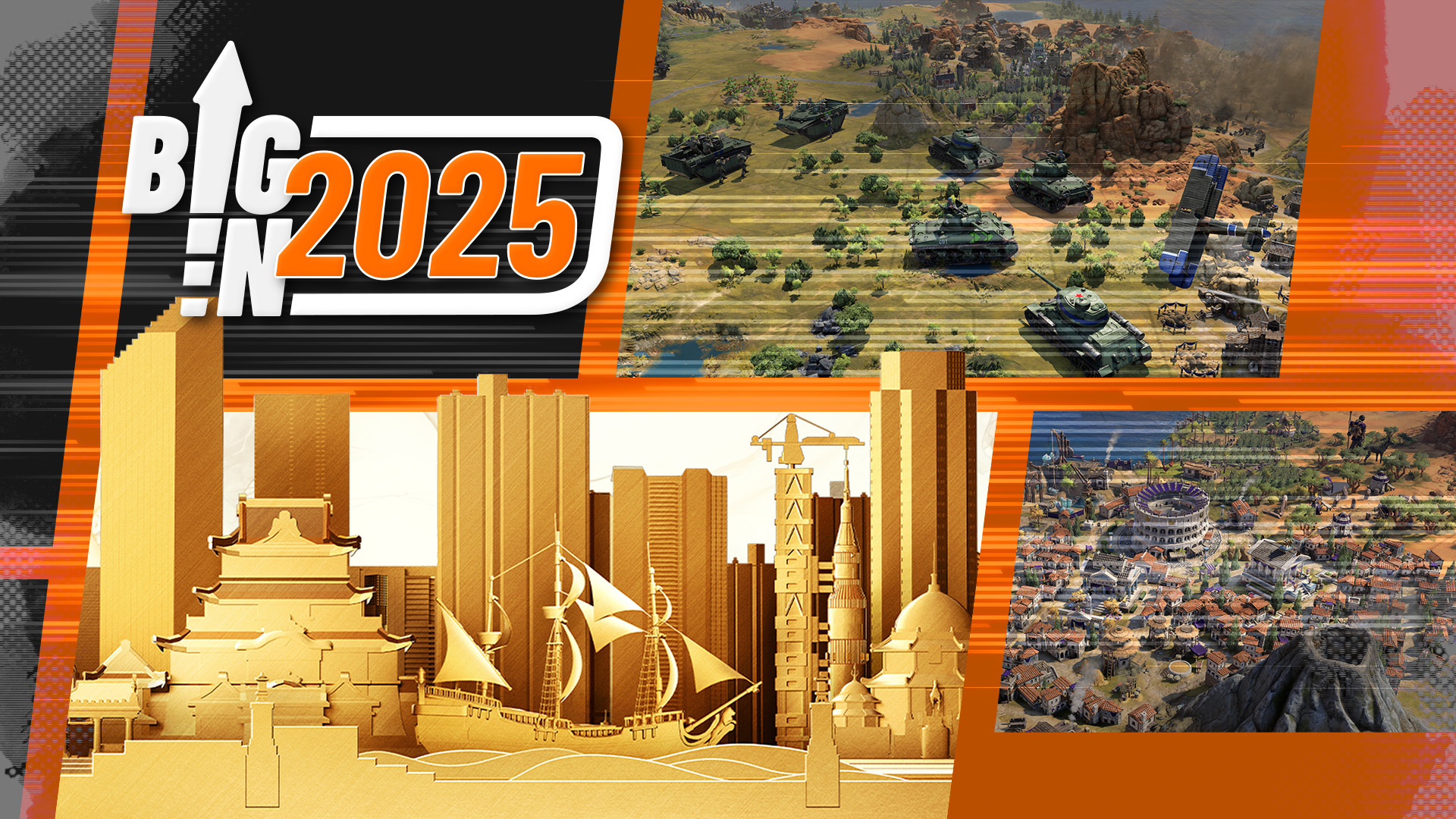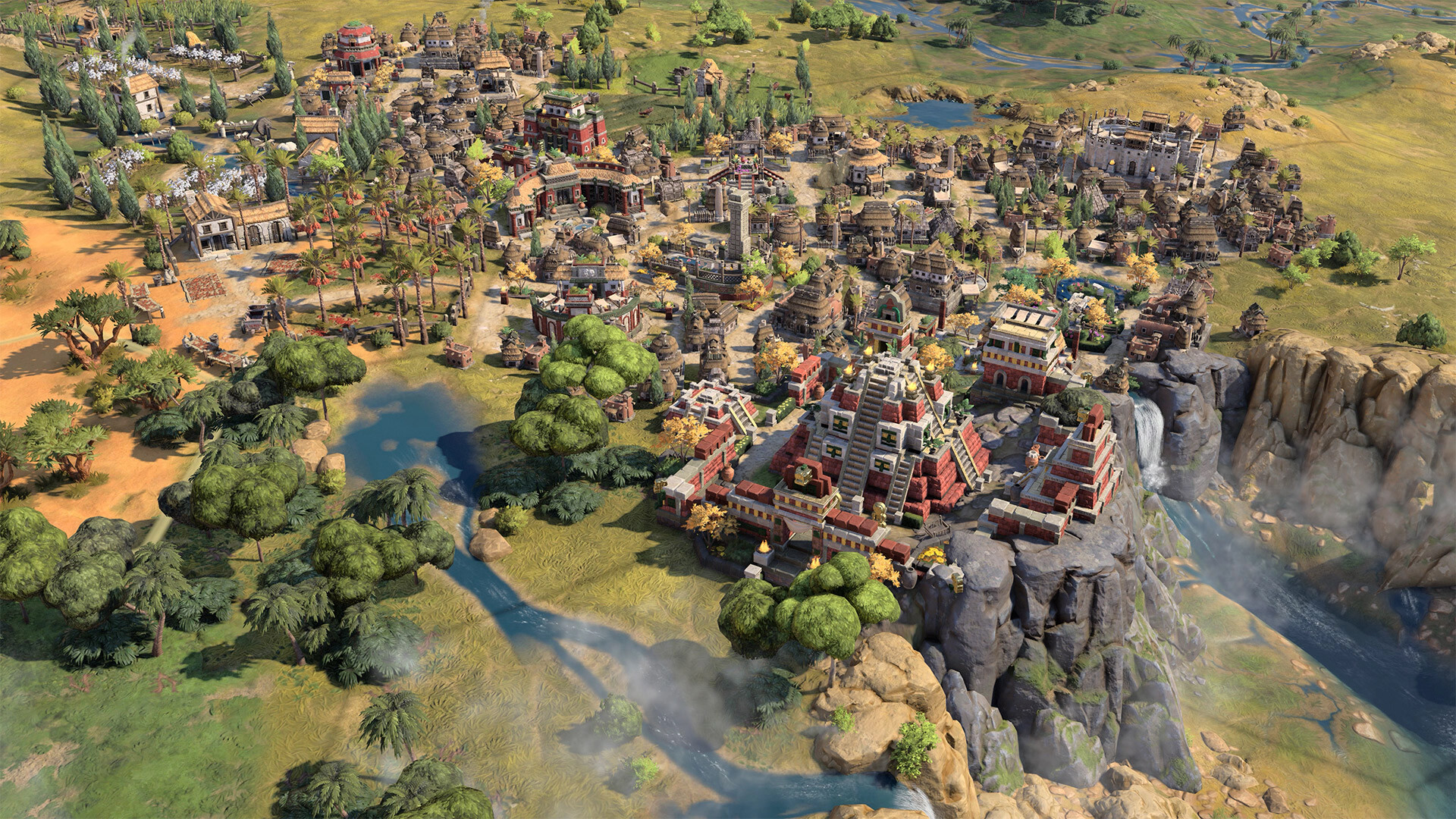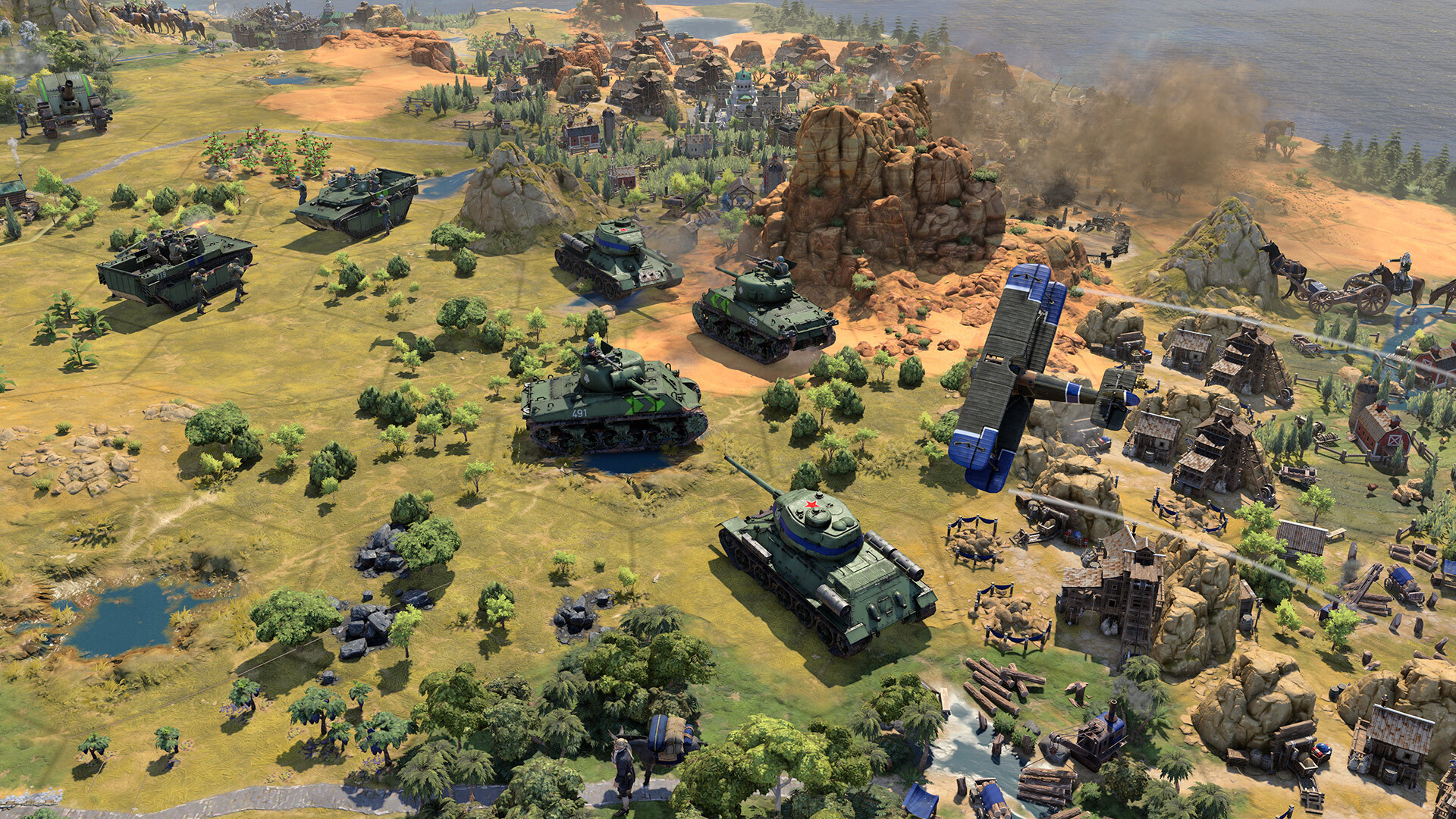
You do, in fact, gotta hand it to Firaxis. Though its last game – 2022's super card-based strategy Marvel's Midnight Suns – didn't sell as well as expected, the studio hasn't stopped taking big swings. Civilization 7 is set to launch this February, but don't let that fancy big number deceive you: from what we've seen so far, a series of sweeping changes will make this entry unlike anything we've seen before in the strategy genre's darling series.
Now I'll admit, some of Civilization 7's proposed shake-ups scare me. The new Ages system – which will essentially break campaigns into three stages rather than the series' traditionally less-impactful historical eras – could make the empire-building experience feel more fragmented, and I don't know whether the mix-and-match approach to leaders and factions will add unimaginable customization or dull the personality we've had from Civilization 5 and 6's civs.
Yes, change is scary, and I've seen a lot of the series' long-time fans eyeing Civilization 7 with uncertainty. But it's clear that these changes are a shot – and a bold one, at that – at fixing a problem that's plagued sandbox strategies for a long time: they get really, really boring.
Ancient ruins

Empire management games walk a perilous tightrope. You need to feel the satisfaction of raising a faction from ramshackle town to global superpower, which means campaigns inherently run on the long side. But at a certain point on that journey, the scales tip. Suddenly, rather than fighting for survival as a plucky underdog, you're the biggest faction on the map. Conquering whoever else is left becomes a checklist to tick through, and even if they're strong enough to put up a fight, at that point any pushback is more of a frustrating setback – a delaying of the inevitable – than a serious challenge. You have, effectively, solved the game before it's over.
This isn't an issue squared solely with Civilization – I've spent over 2000 hours in Total War: Warhammer, and the amount of campaigns that have stalled out vastly outweigh those I've finished. Paradox found a pretty neat solution in Stellaris, with end-game crises posing genuine threats capable of wiping your empire out, but even these often boil down to clearing repetitive stacks of enemies once you understand how combat works. Fighting this problem on its own turf is perhaps a hopeless battle. In truth, there's very little that isn't going to be steamrolled by the sheer amount of time that fans are going to replay these games for.

I get the sense that Firaxis knows this. Rather than spice up Civilization 7's later stages with monstrously-detailed nuclear war mechanics (don't give Gandhi any ideas) or Giant-er Death Robots, the studio has essentially taken the concept of an "endgame" out back and shot it. By breaking campaigns into three distinct Ages, Civilization 7 minimizes the risk of a playthrough devolving into one long slog or burying players in the chores that accumulate with managing sprawls of cities or moving tens of military units around.
"The number one issue that the Ages system solves for us is it helps you to get towards the end of a game," Civilization 7 director Ed Beach told Edge, pointing to players who feel "overwhelmed" by the sprawl of decisions that late-game Civilization turns require. But you can't understate just how bold a solution this is. It's a foundational change to the longest-running working formula in the strategy genre, and according to Beach, there were even people within Firaxis who weren't sure if Ages would work.
As a result, Civilization 7 will likely be this year's biggest gamble in gaming. Firaxis is staking the strategy genre's longest winning formula on being able to fix a problem that no other developer has managed to solve, and if that doesn't take courage, I don't know what does. Whichever way the developer's bet swings, one thing is for certain: when Civilization 7 launches on February 11, I'll be first in line to hit that sweet, sweet next turn button.








